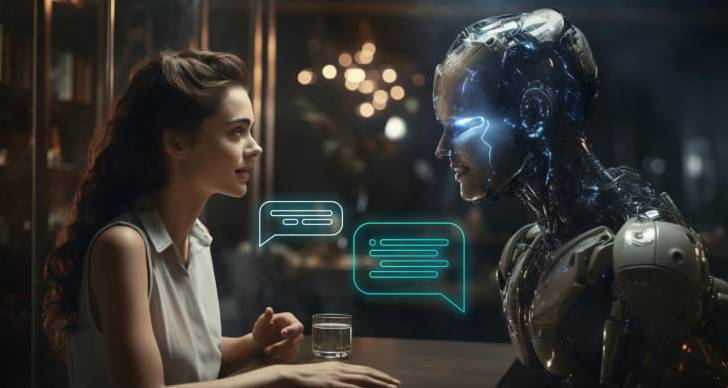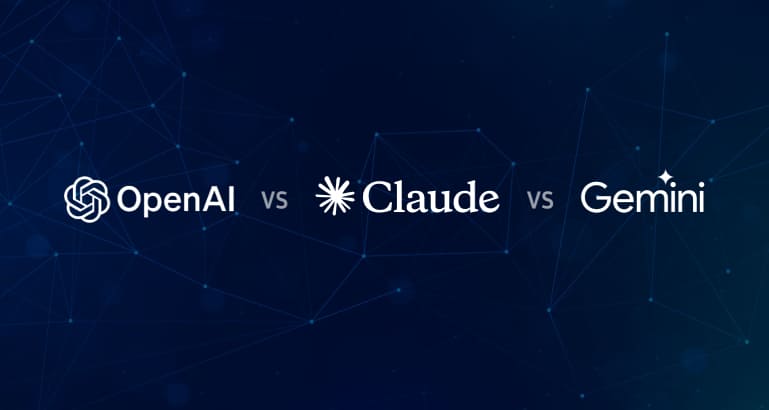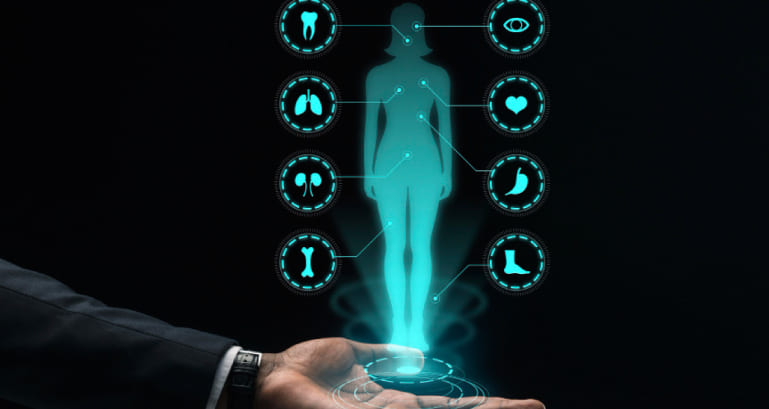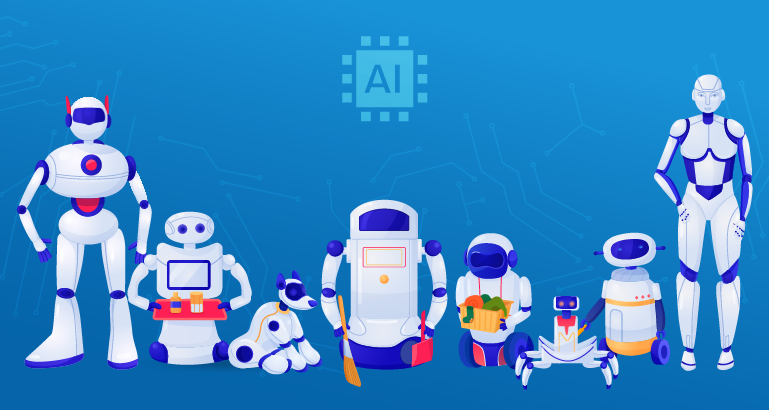NFTs in Automobile Industry
Introduction
NFTs, or Non-Fungible Tokens, are a type of digital asset that represent ownership or proof of authenticity of a unique item or piece of content. NFTs are built on blockchain technology, typically utilizing platforms like Ethereum, and they leverage smart contracts to establish and enforce ownership rights. This decentralized nature ensures transparency, security, and immutability of ownership records. One key differentiating factor of NFTs is their ability to represent ownership of both digital and physical assets. The concept of digital ownership is at the core of NFTs. With traditional digital files, it's easy to create copies that are indistinguishable from the original. However, NFTs introduce a form of scarcity by utilizing blockchain technology to create a digital certificate of ownership that can be verified and cannot be duplicated. This gives creators and collectors the ability to establish and assert ownership over digital content in a way that was not possible before. The scarcity factor of NFTs enhances their value and desirability.
NFTs in the Automobile Industry
NFTs have started to make an impact in the automobile industry, particularly in the realm of collectibles and memorabilia.
Collectibles and Memorabilia:
- NFTs offer a new way for car enthusiasts and collectors to engage with their favorite automobile brands and iconic vehicles.
- Car manufacturers can tokenize collectible items such as virtual car models, concept designs, and historical artifacts, allowing fans to own and trade these digital representations.
- NFTs enable the preservation of automotive heritage and provide a digital platform for showcasing and celebrating iconic vehicles and their history.
Tokenizing Unique Items:
- Car manufacturers can tokenize unique and limited-edition items to enhance their brand value and offer exclusive ownership experiences.
- Virtual car models and concept designs can be tokenized, allowing enthusiasts to own and display digital versions of rare or prototype vehicles.
- Historical artifacts, such as original blueprints, sketches, or photographs, can be transformed into NFTs, preserving their authenticity and providing a new way for fans to connect with automotive history.
Benefits for Car Manufacturers:
- Expanded Revenue Streams: NFTs provide an additional revenue stream for car manufacturers through the sale of digital collectibles, virtual car models, and limited-edition items.
- Enhanced Brand Engagement: NFTs create opportunities for car enthusiasts to engage with the brand on a deeper level, fostering a sense of community and loyalty.
- Innovative Marketing and Promotion: NFT launches and collaborations can generate buzz and media attention, attracting new audiences to the brand.
- Preservation of Heritage: NFTs enable car manufacturers to preserve and celebrate their rich heritage by tokenizing historical artifacts and making them accessible to a global audience.
Benefits for Collectors:
- Ownership and Exclusivity: NFTs provide collectors with verifiable ownership and exclusivity over digital assets, such as virtual car models or concept designs, enhancing their sense of pride and status.
- Access to Limited-Edition Items: NFTs enable collectors to access and own limited-edition items that may be physically unattainable or highly expensive.
- Trading and Monetization Opportunities: NFT marketplaces allow collectors to buy, sell, and trade their digital assets, potentially generating value and profit from their collections.
- Immersive and Interactive Experiences: NFTs can provide collectors with immersive experiences, such as virtual car showcases or virtual reality driving simulations, creating unique interactions with the brand and its products.
Future Outlook and Opportunities
Virtual Showrooms and Test Drives:
- As virtual reality (VR) and augmented reality (AR) technologies continue to advance, car manufacturers can create immersive virtual showrooms where customers can explore and customize virtual car models using NFTs.
- NFT-based virtual test drives could allow customers to experience the performance and features of a car before making a purchase decision, providing a unique and interactive buying experience.
Tokenized Car Ownership:
- With the rise of shared mobility and fractional ownership models, NFTs can be utilized to represent ownership rights in cars.
- Fractional ownership of high-value collectible cars could be tokenized, allowing enthusiasts to own a fraction of a rare and expensive vehicle, thereby democratizing access to unique automotive experiences.
Collaborations with Artists and Designers:
- Car manufacturers can partner with renowned artists, designers, and digital creators to produce exclusive NFT-based designs, artwork, and collaborations.
- Artists can create limited-edition digital art inspired by iconic car models, combining automotive aesthetics with their unique artistic vision.
Gamification and Virtual Racing:
- NFTs can play a significant role in the gamification of the automobile industry, offering virtual racing experiences where players own and race with digital representations of real or fictional cars.
- Car manufacturers could collaborate with gaming companies and NFT platforms to create competitive virtual racing leagues, where ownership of specific NFT cars grants advantages or unlocks exclusive content.
Sustainability and Carbon Footprint Offset:
- The automobile industry has been increasingly focusing on sustainability and reducing carbon emissions. NFTs can be leveraged to support environmental initiatives.
- Car manufacturers can collaborate with NFT platforms to allocate a portion of the proceeds from NFT sales to offsetting carbon footprints or supporting sustainable projects.
Authenticity and Vehicle History:
- NFTs can serve as a digital "passport" for vehicles, representing their unique history, maintenance records, and previous ownership.
- Buyers of used cars can verify the authenticity and condition of the vehicle through the NFT-based ownership record, enhancing transparency and trust in the market.
Successful NFT Projects in the Automobile Industry:
- Lamborghini, a renowned luxury car manufacturer, launched the "Lamborghini Collection" on the Ethereum blockchain, featuring digital art and limited-edition NFTs representing their iconic cars.
- Formula 1, the premier motorsport organization, introduced F1 Delta Time, an NFT-based game where players can collect, trade, and race with virtual cars and drivers.
- Autograph, an NFT platform co-founded by football star Tom Brady, partnered with major car manufacturers like Chevrolet and BMW to create digital collectibles and experiences around sports cars and motorsports.
Conclusion
The future of NFTs in the automobile industry is likely to see the integration of virtual experiences, fractional ownership, collaborations with artists, gamification, sustainability initiatives, and enhanced vehicle authenticity. These developments have the potential to revolutionize the way we engage with cars, collectibles, and the overall automotive experience. Nu 10’s NFT expertise has helped entrepreneurs and enterprises around the world to launch their NFT projects smoothly. If you need any assistance with any of your NFT projects in any field or sector, our team of experts will help you out.
About Author
Dr. Phaneender Aedla
Dr. Phaneender Aedla has over 24 years of experience in handling and managing petabyte-scale data systems. He blends deep technical acumen with strategic vision, and aims to drive intelligent, sustainable innovation through co-creative partnerships that unlock true business value.









